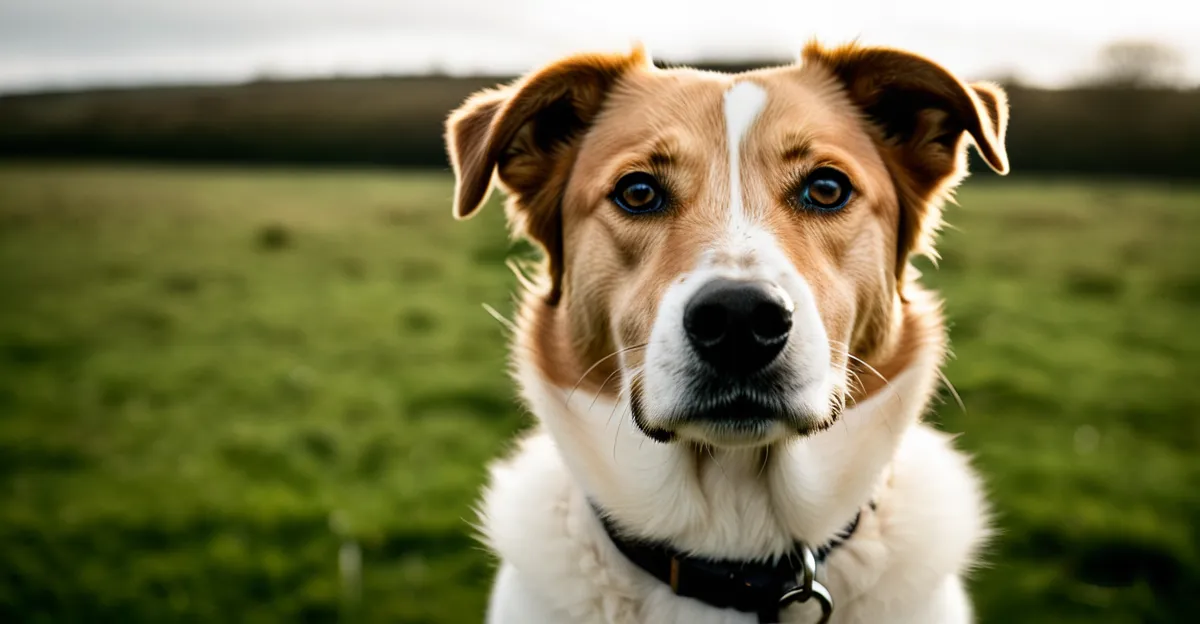The origins of the human-dog bond in the UK
Understanding the history of dogs in the UK reveals a deep-rooted connection between humans and dogs that began thousands of years ago. Early domestication was not merely about companionship but centered on practical, working partnerships. Archaeological evidence suggests that from the Mesolithic period, dogs assisted in hunting, herding, and protection, making them indispensable allies for human survival and community development.
Key historical milestones underline this evolving bond. During the Neolithic era, selective breeding began to shape dogs suited to specific tasks, such as retrieving game or guarding settlements. By medieval times, dogs had roles that expanded from work to symbolic status, featuring prominently in aristocratic hunting practices. This reflects how the origins of man’s best friend in British society are interwoven with both utility and social hierarchy.
Also read : Why Do British Households Choose Cats Over Dogs?
The evolution of dogs’ roles in British society saw a gradual transition from predominantly working animals to cherished companions. Industrialization and urbanization influenced this change, fostering a need for dogs as companions within increasingly crowded towns and cities. Thus, the relationship developed layers—dogs became protectors, helpers, and above all, trusted members of the family. Throughout this history, the dynamic interaction between dogs and humans in the UK illustrates a uniquely enduring and multifaceted bond.
Cultural significance of dogs in British life
Dogs have long held a cultural importance in the UK that extends far beyond companionship. Within British family structures, dogs are often considered integral members, involved in daily routines and emotional support. This cultural significance of dogs in British life is evident in how families prioritize their pets’ wellbeing and include them in social activities, reflecting a deep-rooted appreciation for the dogs’ role.
Also read : How Can Owning a Pet in the UK Transform Your Life?
In British art, literature, and media, dogs frequently appear as symbols of loyalty and friendship. From classic novels to contemporary films, the portrayal of dogs captures the enduring bond between dogs and humans in UK society. These creative expressions both shape and reflect public attitudes, reinforcing how the cultural importance of dogs UK is woven into national identity.
National events and traditions further underscore this connection. Annual dog shows, charity fundraisers, and awareness campaigns highlight not only the joy of dog ownership but also the community’s commitment to dog welfare. The passion shown by British dog owners in supporting these events illustrates the cherished place dogs hold in society. Public attitudes consistently favor responsible ownership practices, illustrating the British dog ownership ethos focused on care, companionship, and respect.
Notable stories and influential dogs in UK history
The history of dogs in the UK is rich with remarkable accounts of loyalty, bravery, and companionship. One striking feature of these famous UK dogs is their unwavering dedication to humans, often demonstrated in life-saving actions. For example, several dog heroes UK have been recognized for alerting their owners to danger or protecting vulnerable individuals, underscoring the deep roots of the dogs and humans relationship in British culture.
Among the most influential stories are those involving dogs honoured by awards or royal favour. Such recognition not only celebrates individual acts but also reflects society’s appreciation of dogs’ crucial roles. In particular, dogs awarded medals for bravery or commemorated by statues stand as enduring symbols of trust and mutual respect. These narratives reinforce the origins of man’s best friend as protectors and companions throughout British history.
Case studies of loyal dogs further illustrate how this bond has evolved. From working dogs contributing to community safety to pets providing emotional support in times of hardship, these stories highlight the multifaceted nature of the dog companionship UK enjoys today. Their legacy continues to inspire and shape attitudes towards British dog ownership, emphasizing responsibility, care, and admiration for these devoted animals.
Societal values reflected in UK attitudes towards dogs
The dog companionship UK experience is deeply intertwined with values of loyalty, protection, and mutual respect. Dogs are not only cherished family members but also embody the ideals of steadfast friendship and emotional support. These values are consistently mirrored in how society approaches dog ownership UK, emphasizing responsibility, care, and nurturing environments.
Legal frameworks in the UK reinforce these societal values, providing robust protections to ensure animal welfare. Legislation such as the Animal Welfare Act mandates that owners meet the physical and psychological needs of their dogs, further underlining the importance placed on humane treatment. These laws reflect a collective acknowledgment of dogs’ vital role in human lives and the ethical duties owed to them.
Charitable organisations and welfare groups play a significant role in promoting the values of dog ownership UK. They advocate for responsible ownership, rescue abandoned animals, and raise awareness about health and wellbeing. The widespread public support for these efforts showcases a societal commitment to maintaining high UK pet welfare standards.
Experts frequently highlight how dogs fulfill unique emotional and social functions, strengthening community bonds and enhancing wellbeing. This expert consensus supports the enduring bond between dogs and people, cementing dogs’ special place within UK culture as trusted companions deserving care, respect, and protection.

